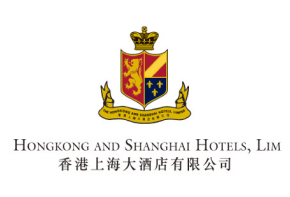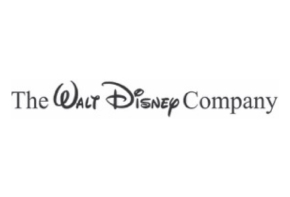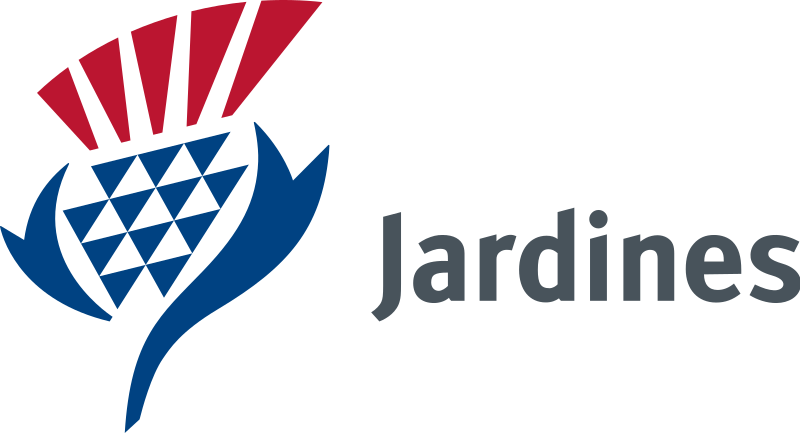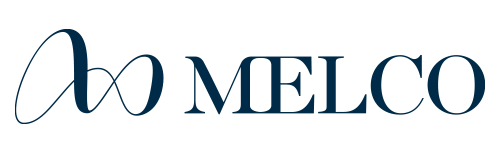Overcome Financial Exploitation and Debt Bondage
The financial sector is naturally linked to many other industries in society, which exposes it to financial exploitation through complex activities and relationships.
Financial products and services such as stocks and private equity, debt recovery agents and asset managers are some of the many areas vulnerable to modern slavery.
Mekong Club works with banks and other financial institutions to create effective strategies to end financial exploitation and debt bondage.

Work With Mekong Club to Make a Difference
-
1
Access to industry expertise and best practices
-
2
Collaborate with a global network of professionals
-
3
Reduce the risk of modern slavery in your business through training
-
4
Exceed ethical and sustainability targets
-
5
Become a leader in anti-slavery
Mekong Club Members
What is financial exploitation?
Investors have a main aim of maximising returns, and financial exploitation may not be on their radar. They unknowingly become involved with companies that engage in exploitative practices such as debt bondage. Debt bondage is the pledge of a person’s services for repayment of a debt. Businesses with links to modern slavery may demonstrate strong financial performance on the surface, and investors may have no motivation to dig deeper.
By investing in unethical companies, the financial industry contributes to the profits of criminals and funds financial exploitation.
The Mekong Club has free tools and resources to help you address these challenges and exclusive tools for members.

Challenges of Financial Exploitation
The finance sector is scrutinised by rules and regulations, yet instances of financial exploitation slip through. Here are the main challenges the financial sector faces in addressing these risks…
1. Evolving and Concealed Modern Slavery Risks
Human traffickers and exploiters conceal modern slavery activities by constantly adapting their methods. In particular, emerging technologies can facilitate new forms of exploitation. Compounding this issue is the scarcity of accessible data.
2. Challenges in Quantifying Modern Slavery within ESG Metrics
Ethical and ESG (Environmental, Social, and Governance) investing has gained prominence, but modern slavery, a component of the ‘S’ in ESG, is often perceived as intangible and difficult to quantify. This ambiguity may impact the performance of ESG investments.
3. Unseen Procurement-Related Modern Slavery Risks
With reliance on suppliers and third parties for branded goods and employee uniform, direct oversight of employee working conditions may be lacking. Low-wage positions like security guards, cleaning staff, waste management, and catering personnel often involve a significant vulnerable migrant worker population.
4. Escalating Risks of Illegal or Exploitative Financing During Economic Downturns
Economic recession makes individuals more susceptible to unregulated financial products, loan sharks, and dangerously high-interest loans as they struggle to make ends meet. Their bank accounts may be used to process payments for such loans.
5. Limited Organisational Awareness of Modern Slavery
Colleagues may be apprehensive about engaging in anti-slavery initiatives due to concerns about tarnishing the institution’s reputation. Additionally, there might be a misconception that only Anti-Money Laundering (AML) professionals should be involved in addressing financial exploitation, while relationship managers and branch staff can play a crucial role in identifying potential victims through red flags during interactions.
Testimonials
-
 Our Forum consisted of internal and external speakers presenting on a range of Financial Crime topics. We had speakers from the AFP, NSW Crime Commission, The Mekong Club, AUSTRAC, ATO, CDPP and many more.
Our Forum consisted of internal and external speakers presenting on a range of Financial Crime topics. We had speakers from the AFP, NSW Crime Commission, The Mekong Club, AUSTRAC, ATO, CDPP and many more.
Matt Friedman and Phoebe Ewen presented on the topic of Human Slavery and it was one of the highest attended talks of the forum with over 500 people in attendance both in the room and via video link. It was an extremely gripping presentation and we have been inundated with requests for further presentations on the topic.
COMMONWEALTH BANK OF AUSTRALIA
-
 Our collaboration with the Mekong Club has been nothing but a success.
Our collaboration with the Mekong Club has been nothing but a success.
Modern slavery can be a very difficult and sensitive topic to discuss as a company. However, from the beginning, Mekong Club has created a safe space to dig deeper and look for solutions, rather than finger-pointing.
VF CORPORATION
Take Mekong Club’s self-assessment to understand how susceptible your bank is to financial exploitation through the movement of money. We use 7 pillars of assessment to reveal what you’re doing well, and where you can improve.
Transparent Finance: Promoting Ethical Investments
Financial organisations can take numerous steps to tackle modern slavery in the financial sector. They should have clear processes in place to ensure the origins of cash flow are legit and complete thorough checks of any companies they work with. Work towards ethical investments by:
– Detecting and intercepting suspicious financial transactions
– Investigating investee companies for their potential exposure to modern slavery
– Supporting victims of modern slavery through financial inclusion
Human traffickers rely on money laundering to make their unlawful money appear to be legitimate. These criminals get their cash into the financial system through established banks.
Financial institutions must adopt anti-money laundering processes to stop illegal money entering the financial system. Banks can alert authorities of potential modern slavery to make a positive impact on society.
The Mekong Club can help financial organisations spot the signs of modern slavery in the financial sector and develop strategies to eliminate it.
Building a Future Where Modern Slavery Holds No Financial Power
As technologies such as cryptocurrency advance and money laundering evolves, financial institutions must adapt their interventions for modern slavery.
There are Anti-Money Laundering (AML) regulations in place however, some areas require updates to be in line with virtual currencies and prepaid cards. Instead of waiting until it’s too late, join Mekong Club to get advice on tackling money laundering using cryptocurrency.
A key part of AML regulations is Know-Your-Customer – each new member of a financial institution provides authentication of their identity. Personal Identifiable Information is verified by government issued identification. This screens customers against official criminal databases, minimising modern slavery risks.
If done correctly, blockchain can reduce fraud using techniques to signal money laundering attempts. Banks will be alerted of suspicious activity in crypto wallets.
Mekong Club has a community of financial organisations dedicated to eliminating modern slavery in the financial sector. We can support you with individual cases and the overall strategies your bank puts in place.

Latest News & Events
FAQs
-
How can I identify signs of financial exploitation or modern slavery in my workplace or business dealings?
-
Why should investors be concerned about modern slavery in their portfolios?
-
Are there regulatory requirements for addressing modern slavery in the financial sector?
-
How do you assess modern slavery?
-
How much does it cost to become a member of the Mekong Club?
-
What is debt bondage, and how does it relate to financial exploitation in the financial sector?

